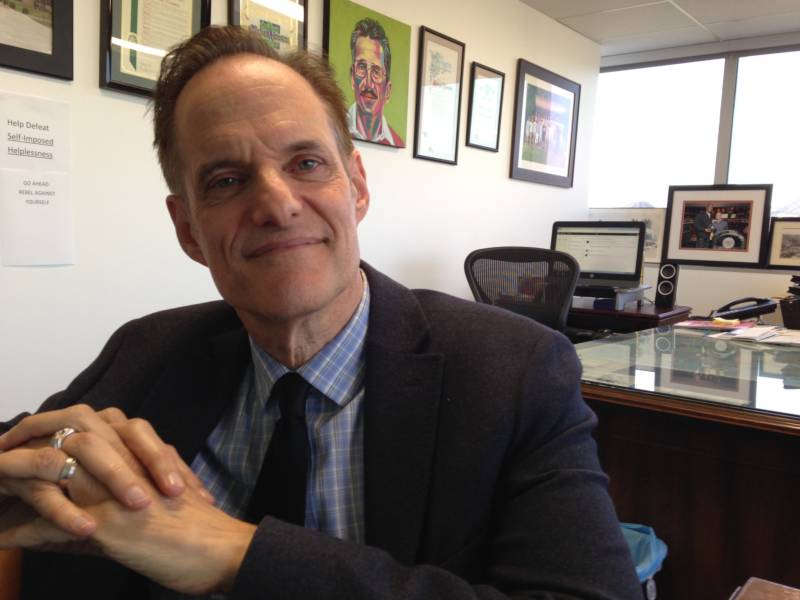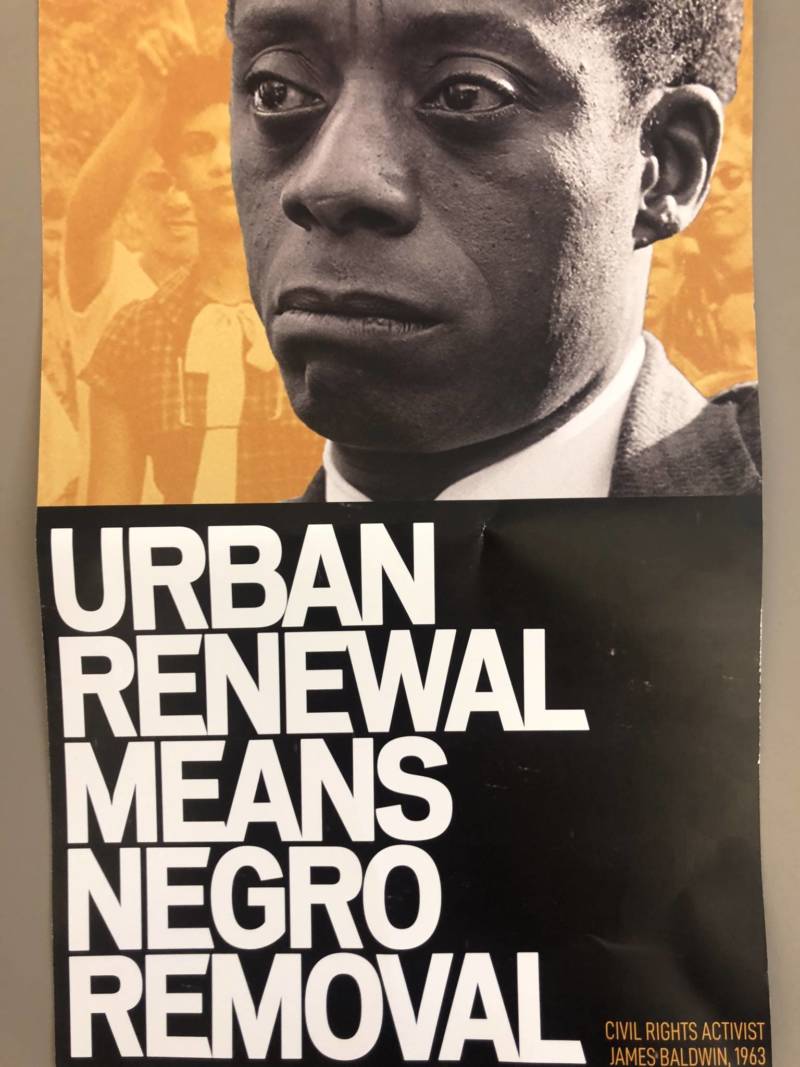"Among the 17 million renters in California, the suffering is unabated," said Weinstein.
Last year, the foundation spent $23 million in support of Proposition 10, the measure it sponsored to repeal the Costa-Hawkins Rental Housing Act. The initiative was rejected by 59% of the voters.
Costa-Hawkins largely blocks California cities from expanding rent control to newer buildings, and bans rent caps on single-family homes and condominiums. It also allows landlords to boost the rent to market rate once a tenant moves out, known as vacancy decontrol.
The new initiative would allow cities and counties to pursue a more constrained expansion of rent caps. New buildings would be exempt from rent control for 15 years, and landlords could still raise rents up to 15% when a tenant leaves a unit. Landlords who own two or fewer units would be exempt from any local expansion of rent control.
Critics of rent control expansion argue the initiative will discourage developers from building more units of housing.
"Weinstein certainly remains obsessed with bankrolling these policies that eat away at affordable housing for working families," said Debra Carlton, spokeswoman at the California Apartment Association. "We argue that like Prop. 10, Weinstein’s new initiative would destroy middle class housing."
The announcement of the rent control ballot measure comes days before similar legislation faces its first hearing at the state capitol.
“We’re concerned about legislative inaction," Weinstein said. "The odds are against the legislature passing the limited rent control bill that is coming up shortly.”
Minutes after Weinstein presented his ballot measure proposal, State Sen. Scott Wiener (D-San Francisco) held a press conference in San Francisco denouncing attacks that the AIDS Healthcare Foundation made against his proposal to increase housing density in California.
Senate Bill 50 would require that cities allow four- or five-story apartment buildings near transit stops and job hubs.


